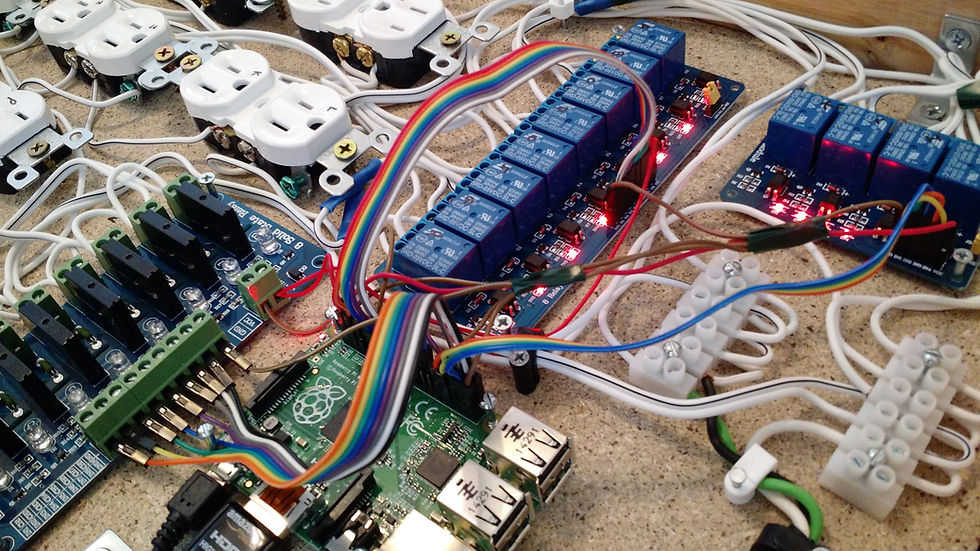Cognitive Distortions: You Don’t Have To Believe Everything You Think
- Charlotte McKernan

- Oct 19, 2018
- 1 min read
Our brains are hardwired to act and think quickly so that we can respond in a timely manner to threats or danger, potential mates, and problems in the world around us. Our brains are designed to make connections in order to help us function—and this is extremely cool!
Despite this, our brains and our thinking are not fool-proof. Over time, our brains can develop faulty connections that link thoughts, ideas, actions, and consequences that may or may not actually be connected. It can be all too easy to connect two events or thoughts that occur around the same time even when there may be no real relationship between them.
These faulty connections are called cognitive distortions.

Cognitive distortions are damaging thought patterns and biased perspectives that are unknowingly reinforced over time and can lead to anxiety, depression, relationship problems, and general discontent.
These distortions in our thinking can be very subtle, making it difficult to tell when or how often they show up in our daily lives. That’s why I am creating a series of posts on the different kinds of cognitive distortions and what to do to help create more reliable and helpful brain connections instead.
I am calling this series “You Don’t Have To Believe Everything You Think.” While most people don’t experience cognitive distortions every single day, each and every one of us has fallen prey to cognitive distortions at one time or another, making it all the more important to be able to recognize and correct these faulty thought patterns.
Charlotte McKernan is a couple and individual therapist in Fort Collins, CO.








Comments